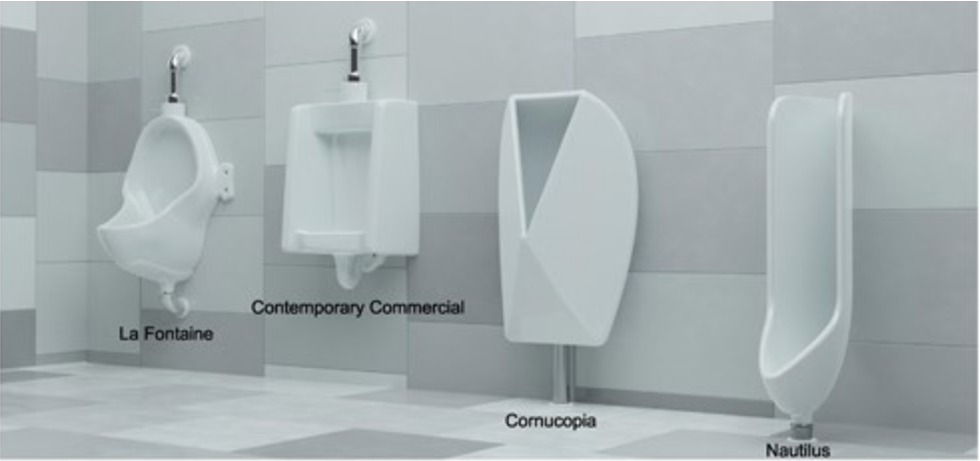As the sexual assault and harassment allegations against embattled Hollywood producer Harvey Weinstein continue to grow, many have taken to social media to share their own experiences of being violated. After the scandal broke, actress Alyssa Milano issued a Twitter plea to victims to reply “me too” if they’ve been assaulted or harassed and the simple request resulted in a myriad of stories, powerful new allegations, and a call for support for those who have come forward.
Long before the #MeToo tag took over social media, activist and organizer Tarana Burke created the Me Too campaign as a way to deal with her own experience being sexually assaulted. “I started using ‘me too’ around 2006/2007 when I was living in Alabama,” she explains. “We started a campaign about survivors talking to each other. As a person who was a survivor, I had to really think about what I needed when I tried to figure out how I could heal.”
While men and women continue to share their traumatic experiences, the constant news coverage may prompt many young people to wonder how they fit into the conversation. Recently, GOOD spoke with Burke about what’s next for the Me Too campaign and how parents and caregivers should talk to children about sexual violence.
How do we start having the conversation about sexual assault and violence with young people? Should we lead with talking about unwanted touching and consent?
We have to start talking to children really early about consent. It doesn’t have to be just “good touch, bad touch”; it can be telling them, “When you’re on the playground and you push someone or touch someone and they say they’re uncomfortable, then you have to stop immediately.” You can use the same kind of language you use to give boundaries and rules to young people.
[quote position="left" is_quote="true"]I don't believe in treating children like babies.[/quote]
Because of my experience with my daughter, the mistake that I made was trying to tiptoe around the conversation. When I suspected she had experienced sexual violence, I kept asking the wrong questions. I kept asking, “Did anybody do anything to you? Did anybody touch you in a bad place?” And she kept saying, “No, Mommy,” but I just knew, in that way that you know something is wrong with your child. When I changed the conversation and I started saying, “Listen, you know there is nothing you can do or be a part of that will make me not love you,” the conversation shifted. She had felt complicit in what happened to her because she had broken rules.
That’s the thing, we give young people a bunch of rules — don’t let anybody sit on your lap, don’t let anybody touch your private parts — but we don’t tell them why and we don’t say, “If that does happen, don’t worry. Just come and tell Mommy. You’re not in trouble.” So you have children who feel like they’re complicit because they broke a rule. They’re ashamed, and there’s also fear. I think we have to start talking early and we have to be explicit; they can handle it.
When you say early, what do you mean? At what age should parents and caregivers start laying the groundwork for this?
I say the earlier the better. Whatever time they start discovering their genitals and are going through the discovery phase, but you have to level up the conversation. You have to gauge your child’s level of maturity. When they start asking about their genitals and where babies come from, those are the times when you have to build on that conversation.
Just say a parent hasn’t laid the groundwork — because it can be very awkward and you don’t want to think your child will be victimized — and hasn’t been having these ongoing conversations about consent, how do we have a conversation with them, even if they aren’t asking questions? Especially since many are very aware of the news, and lately the talk has been about Harvey Weinstein and sexual assault.
I don’t believe in treating children like babies. I feel like if it’s a popular conversation, then ask them if they’ve heard about it. Engage them in conversation and see what they know and see if they have questions. I think we should have honest conversations with our kids. They will have questions, even if it’s not at that time.
Answer their questions honestly when they have them, but also ask them questions, too, about what they know and what they want to know.
Like you mentioned in your Democracy Now interview, we know predators aren’t just high-profile people. We know those who sexually harass and assault others are in every community, and more than likely, your child will come across them in some way. It sucks that we have to try to prevent other people’s behavior, but are there some tools we can equip our children with to be safe, other than letting them know they can come and talk to us?
I think we have to make sure our kids have resources. For example, if they don’t want to talk to you, they need to have someone they can call instead. That whole thing about “it takes a village” is real. We need to have other people besides us who can hold space for our kids. I also think we need to talk about self-defense. Like if somebody tries to snatch them on the street, they can yell, “This is not my mommy” or kick them in the groin and run. Unfortunately, we need to get real about what to do in those kinds of moments, but the problem is a lot of us parents don’t even know what to do. I don’t want to sound like a survivalist or something, but you just have to prepare for the reality of what our kids face.
[quote position="full" is_quote="true"]The rape crisis center in Selma told me that I needed to get a referral from the police before they would help. [/quote]
In terms of the Me Too campaign, when did you start using the phrase and working on the movement?
I started using “me too” around 2006/2007 when I was living in Alabama. A friend and I started a campaign about survivors talking to each other. As a person who was a survivor, I had to really think about what I needed when I tried to figure out how I could heal. And what I needed more than anything was empathy. When I went to find resources to help young survivors, I couldn’t find any. The rape crisis center in Selma told me that I needed to get a referral from the police before they would help. It was appalling. As a person who was trained as an organizer, I felt like I could translate those skills to bring the resources young people needed into the community.
The reason I used “me too” was because I wanted it to be succinct, but also get a message across. It was powerful to me because it could be a conversation starter, but it could also be the whole conversation.
Since the hashtag took off there’s been so many people sharing their #MeToo stories. In addition to saying, “I’m so sorry this happened to you,” what are some other ways we can support those who are coming forward to share their stories?
People need to ask folks what they need. Everybody needs something different. Just like I don’t tell people what healing looks like because it’s not for me to decide. The way to support people is by asking what they need. Sometimes it’s nothing, but sometimes, the acknowledgment of even wanting to do something makes people feel seen or heard and that might be all they need. I think folks know what they need and you should absolutely just ask them.
I’ve seen a lot of #MeToo stories in my social media feed and among my friends, but what if you don’t have a #MeToo story? Or if you have one, maybe something like street harassment, but you don’t consider it serious enough?
I feel bad when I hear people say that. For me, the work I do around Me Too is specifically about sexual violence, but the spectrum of gender-based violence is broad. People should not let other people shame them into saying their story is not important enough. It’s really not about the thing that happened to you; it’s about how it affected you. Some people who are harassed on the street keep it moving, and other people go through street harassment and it eats away at them and kills their spirit. That’s a real thing. We should acknowledge it and validate it.
Between the hashtag and media coverage around the Me Too campaign, what’s next for you?
My daughter and I are working on a documentary, which will be centered on our journey to healing and what that looks like and what we’ve had to do to come to a place of accessing joy — because that’s what’s it about for me.















 Let us all bow before Gary, the Internet's most adventurous feline. Photo credit: James Eastham
Let us all bow before Gary, the Internet's most adventurous feline. Photo credit: James Eastham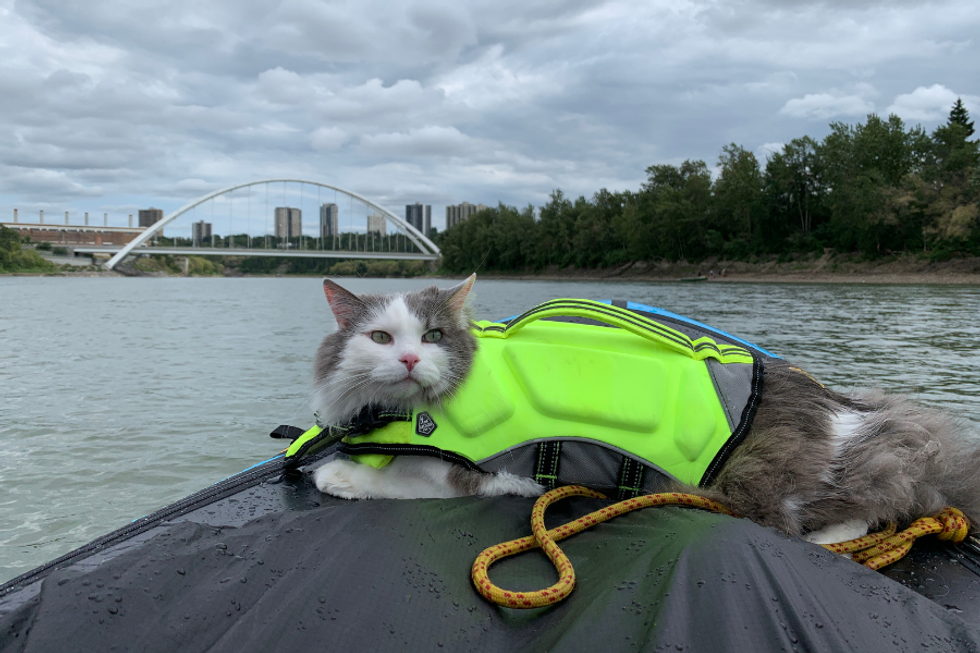 Gary the Cat enjoys some paddling. Photo credit: James Eastham
Gary the Cat enjoys some paddling. Photo credit: James Eastham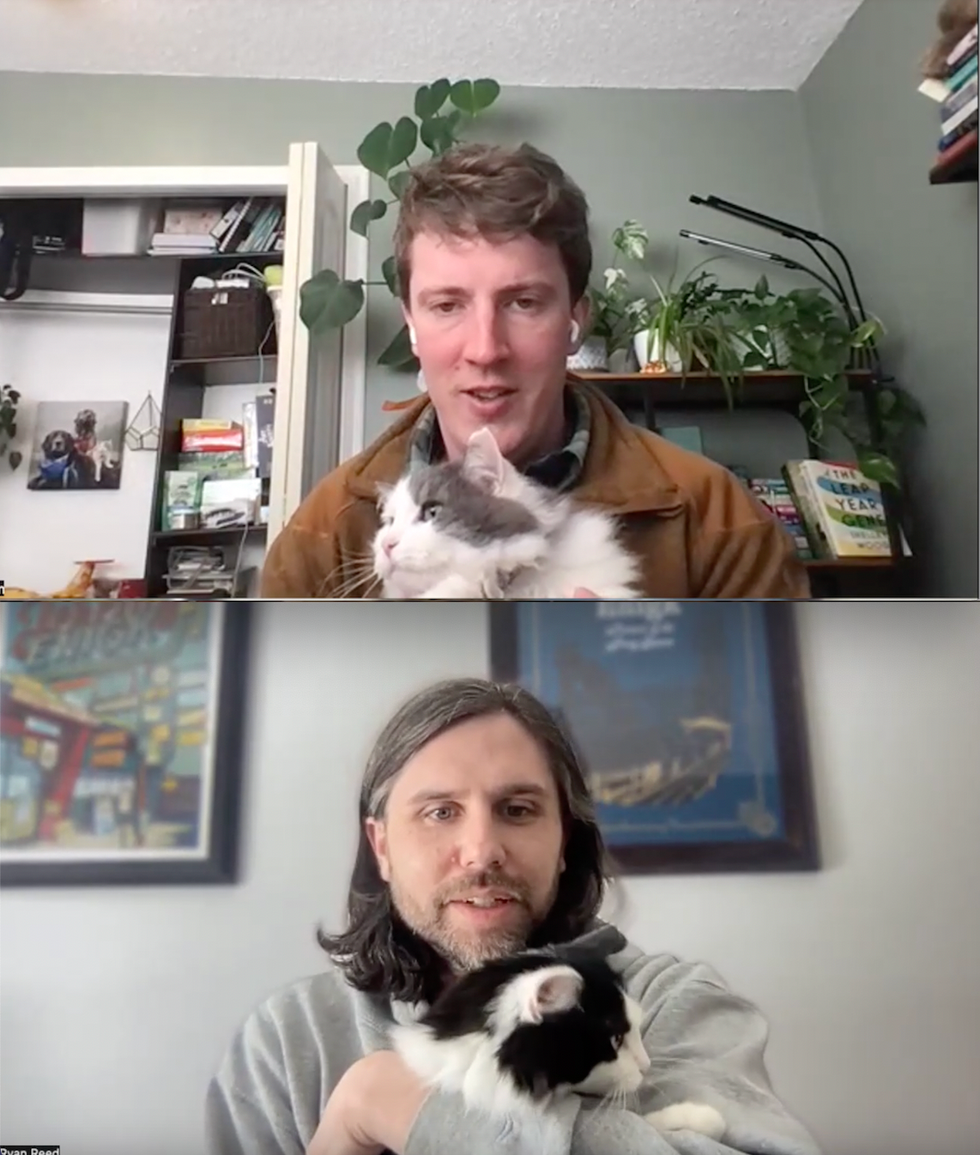 James and Gary chat with Ryan Reed and Tony Photo credit: Ryan Reed
James and Gary chat with Ryan Reed and Tony Photo credit: Ryan Reed


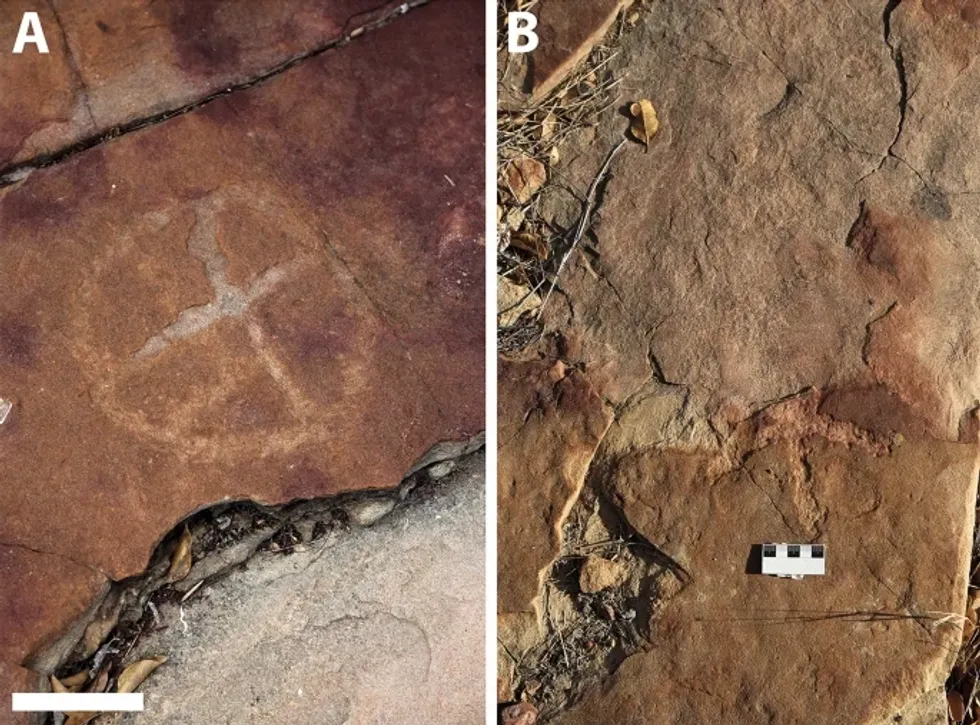 Rock deterioration has damaged some of the inscriptions, but they remain visible. Renan Rodrigues Chandu and Pedro Arcanjo José Feitosa, and the Casa Grande boys
Rock deterioration has damaged some of the inscriptions, but they remain visible. Renan Rodrigues Chandu and Pedro Arcanjo José Feitosa, and the Casa Grande boys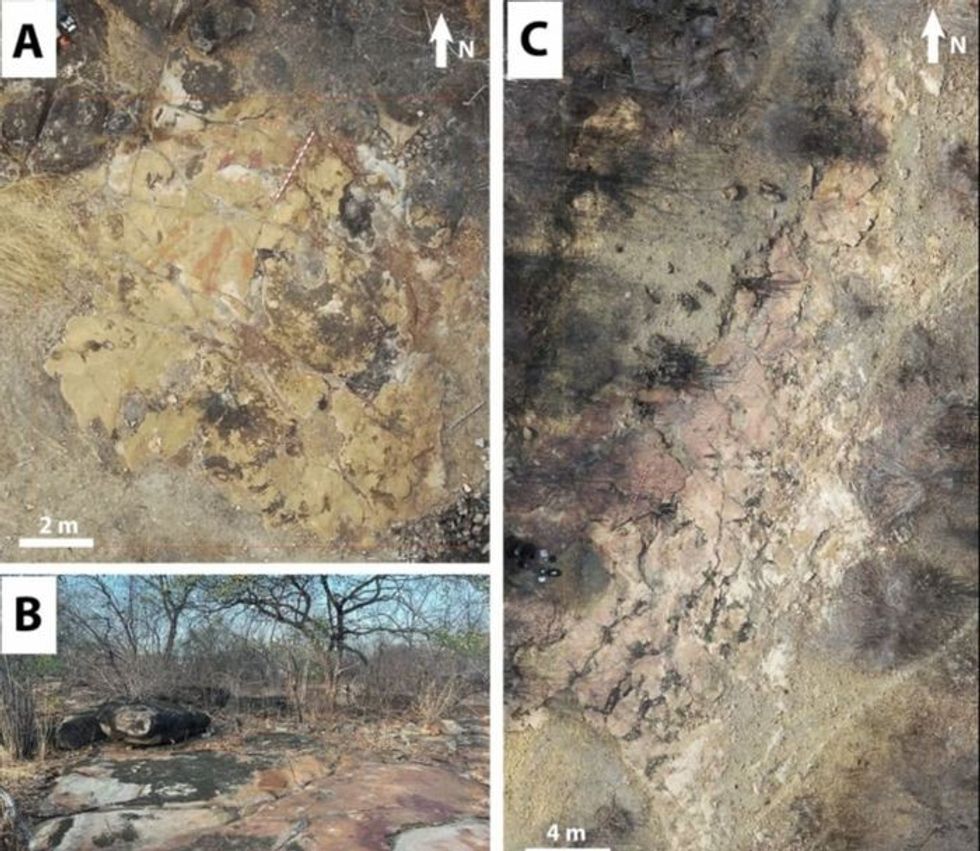 The Serrote do Letreiro site continues to provide rich insights into ancient life.
The Serrote do Letreiro site continues to provide rich insights into ancient life.

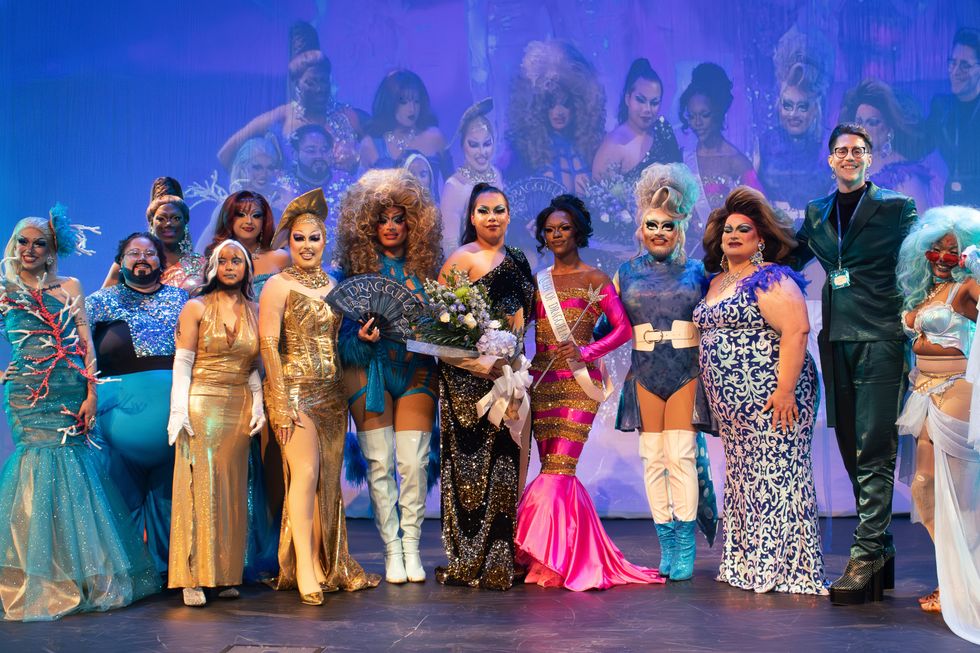 The contestants and hosts of Draggieland 2025Faith Cooper
The contestants and hosts of Draggieland 2025Faith Cooper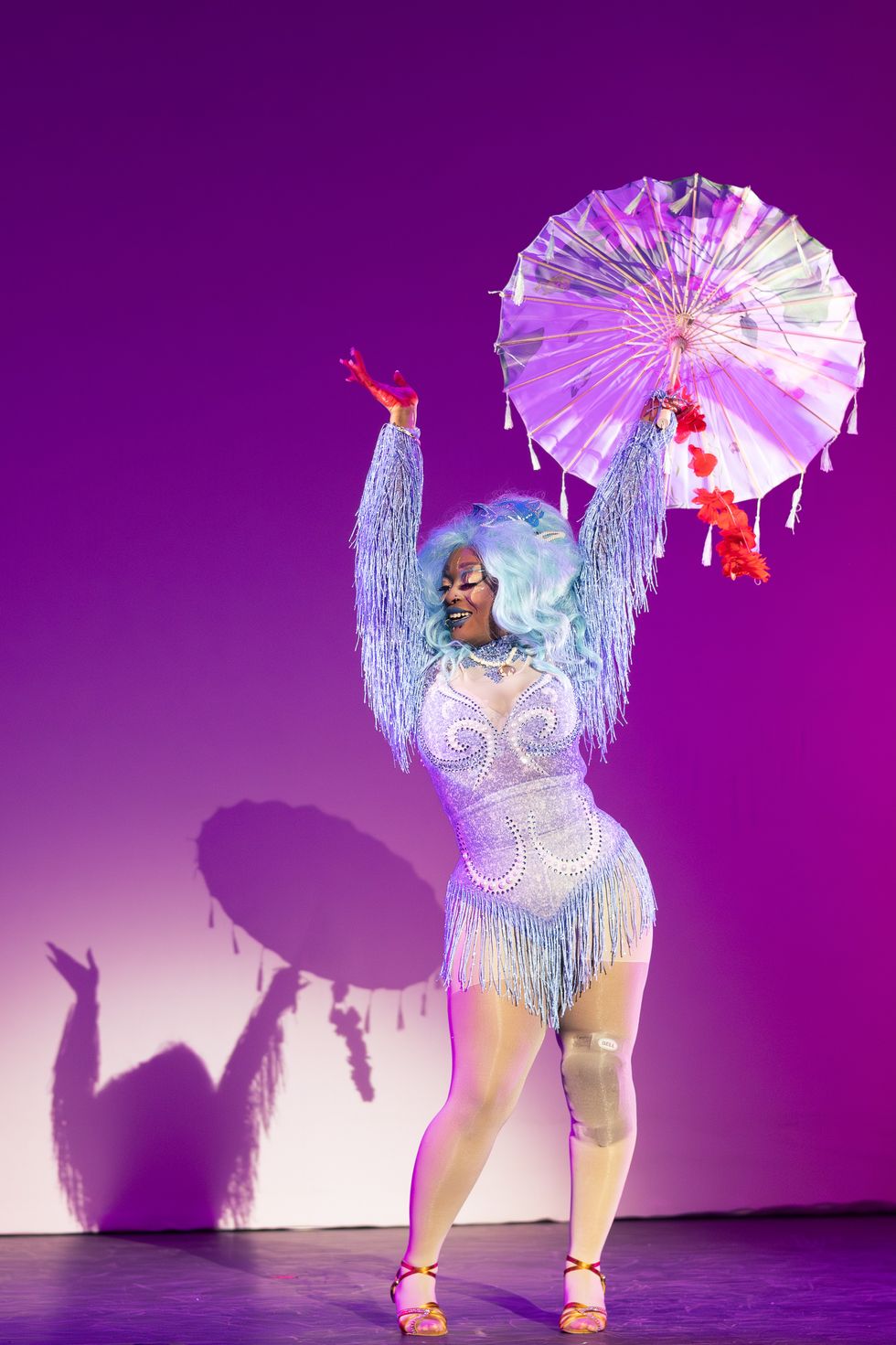 Dulce Gabbana performs at Draggieland 2025.Faith Cooper
Dulce Gabbana performs at Draggieland 2025.Faith Cooper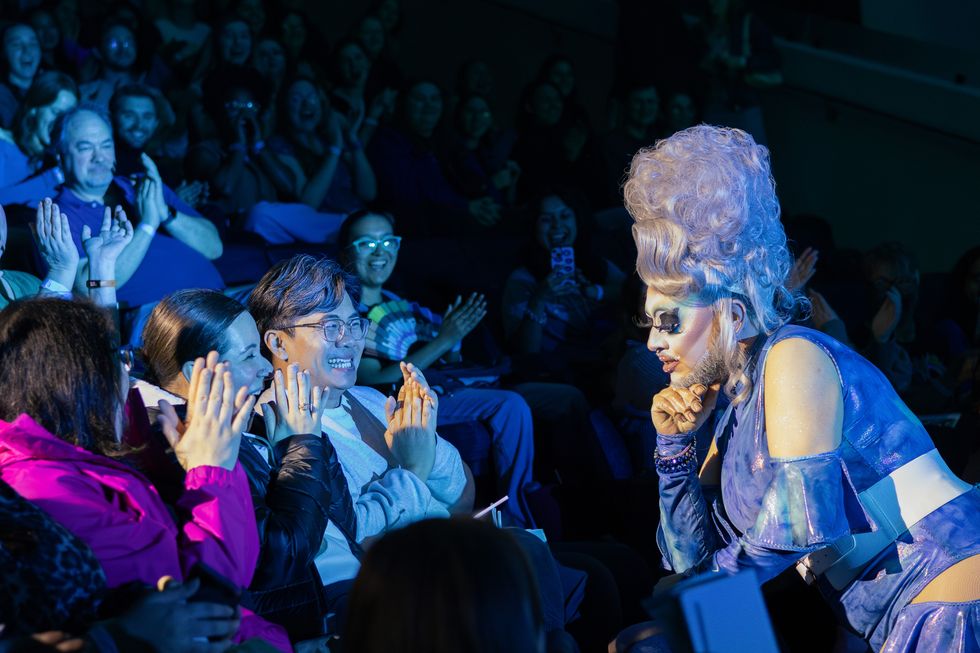 Melaka Mystika, guest host of Texas A&M's Draggieland, entertains the crowd
Faith Cooper
Melaka Mystika, guest host of Texas A&M's Draggieland, entertains the crowd
Faith Cooper


